Astronomy (not to be confused with astrology) is the study of objects and matter outside the earth’s atmosphere. To put it more simply: it’s the study of outer space. Astronomy is a very, very old concept and originates from ancient Greek and Roman times.
Now, let’s break down the word itself. If you know some Greek this will probably come as no surprise to you: astronomy translates to Astronomos, which literally means “star-regulating”. The root of the word is astro or aster, in latin, which translates to star. The suffix nomos translates to “regulating; rule, law”. Pretty straightforward; the Greeks were onto something there. “Star-regulating”, in other words, refers to the mapping of constellations and planets. Speaking of planets, let’s look into where they get their names, too!
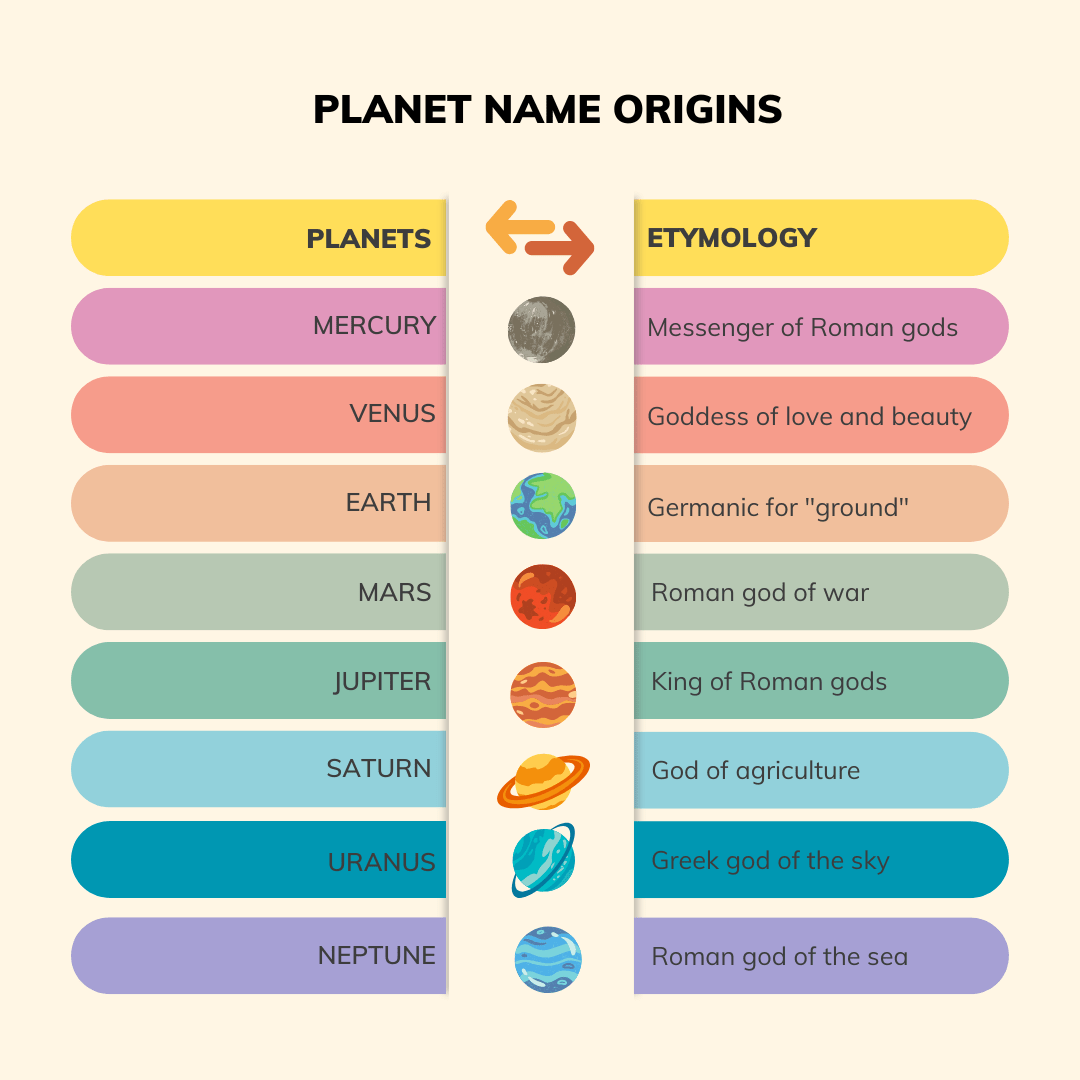
Planet Name Origins
1. Mercury
Mercury is the smallest planet in the solar system and also the closest one to the Sun. It is the fastest planet and moves around the Sun in just 88 days. This is actually where it gets its name from: in Roman mythology Mercury is the fast-moving messenger of all the gods. The planet Mercury isn’t doing much message sending, however. Or is it?
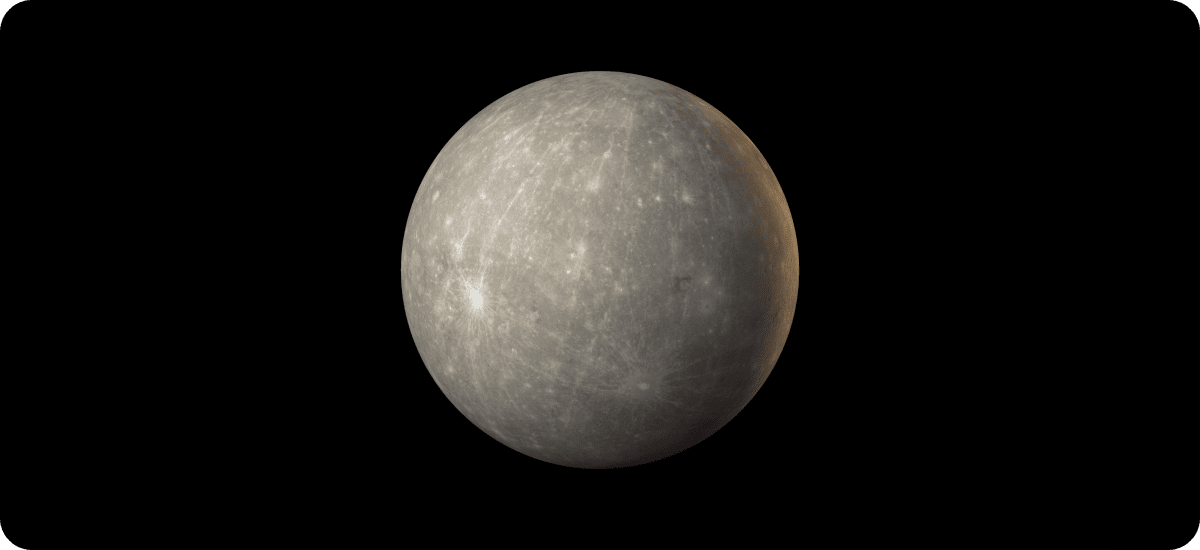
2. Venus
Venus is the hottest and brightest planet in our solar system. It is also the second closest planet to the sun and Earth’s closest planetary neighbor. It comes as no surprise that the Romans decided to name the brightest planet after the goddess of love and beauty.
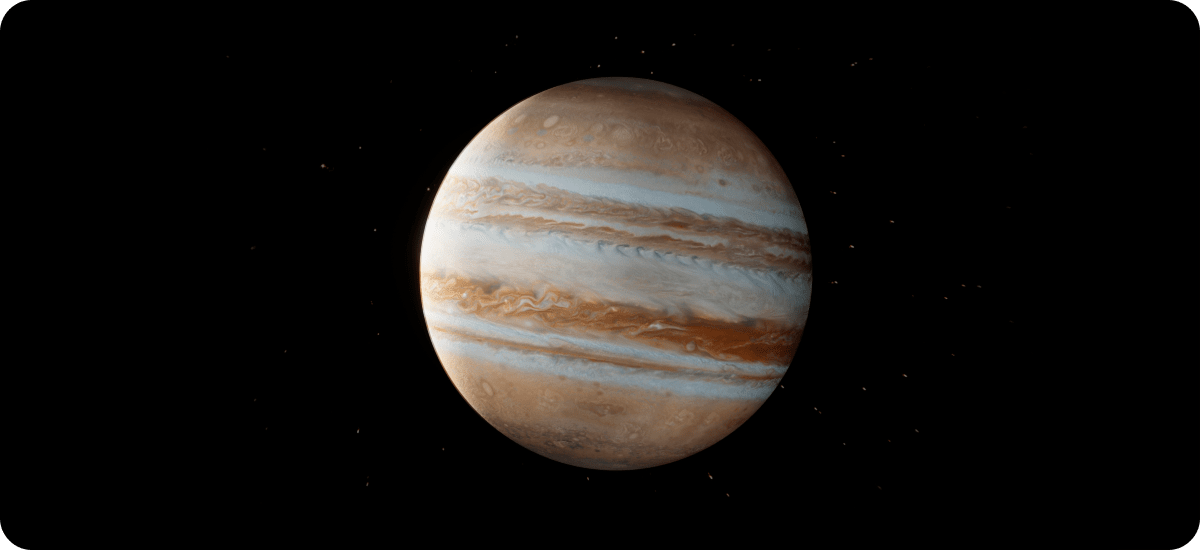
3. Earth
Earth is the only place (so far) that is known to be inhabited by living things and the only planet in the solar system with liquid water on the surface. It is also the third planet closest to the Sun. Earth is the only planet not named after Greek and Roman gods, but it is in fact a Germanic word that translates to “ground.” There’s no place like home!
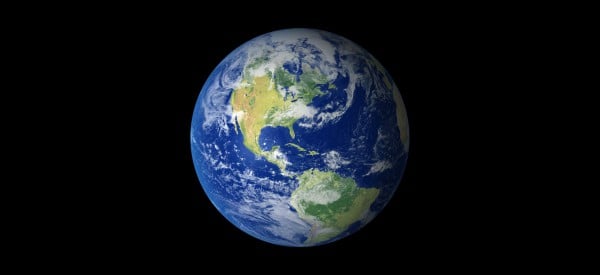
4. Mars
Mars is the fourth closest planet to the Sun. It is also commonly called “the Red Planet” because of the iron oxide dust embedded in its soil. Mars’ reddish color ultimately led the Romans to naming it after their God of war.
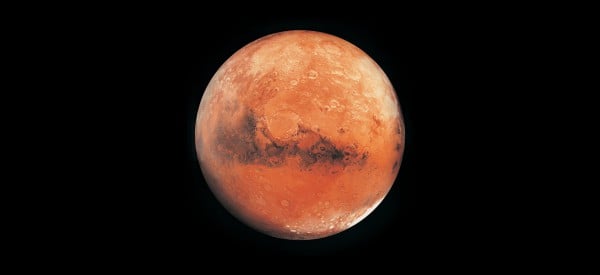
5. Jupiter
Jupiter is the solar system’s biggest planet and the fifth closest to the Sun. It is known as a gas giant, as it is made predominantly of hydrogen and helium. The Romans were so impressed with its size that they named it after the king of their gods.
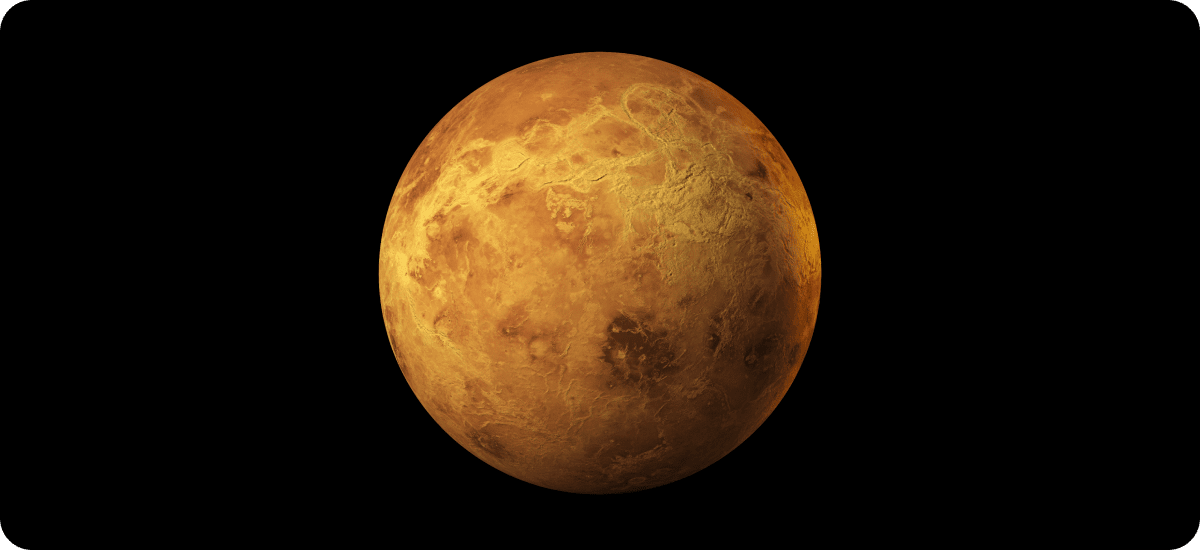
6. Saturn
Saturn is the second largest planet in the solar system and the sixth closest to the Sun. It is also a gas giant but most notably it has a unique system of icy rings. Saturn is the slowest orbiting planet around the Sun and therefore was named after the Roman God of agriculture and time.
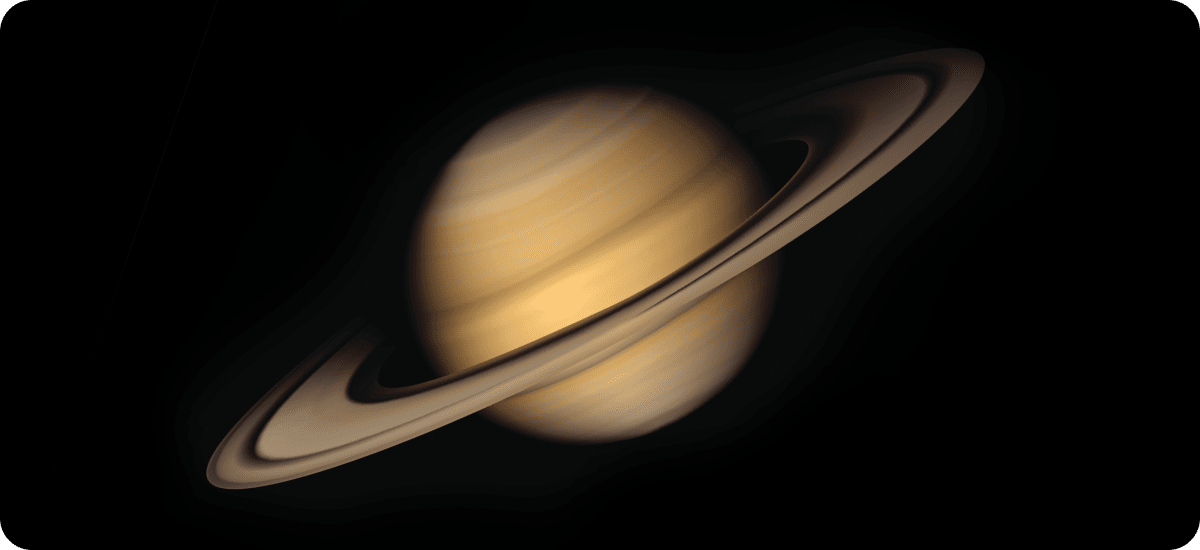
7. Uranus
Uranus is the seventh planet closest to the Sun and is a gaseous, blue ice giant. Unlike the other planets named so far, Uranus is invisible to the naked eye and so it wasn’t discovered until 1781. Presumably because of its baby blue hue, Uranus was named after the Greek god of the sky. It is also the only planet not named after a Roman god, besides Earth.
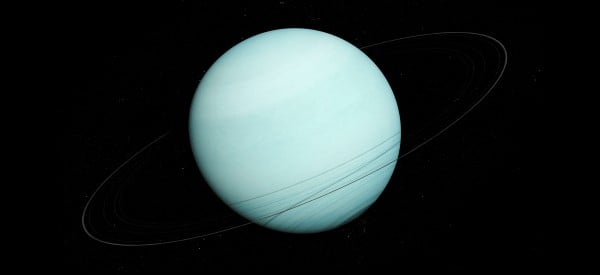
8. Neptune
Neptune is the eighth and farthest planet from the sun, and the fourth largest planet in the solar system. It is a dark, cold ice giant. It was the first planet to be found through mathematical calculations, and it was discovered in 1846. Its deep blue color led to it being named after the Roman god of the sea.
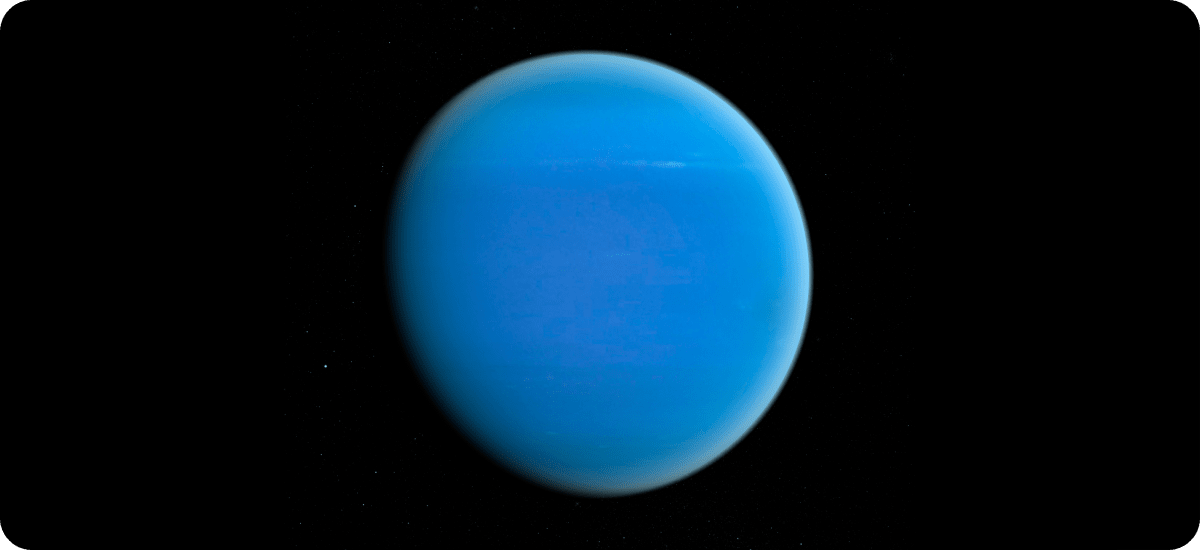
Well now that you’re an expert on astronomy, you’re ready to go to space! Just kidding. But you can show off your new word origin knowledge and look just as cool.
Comment